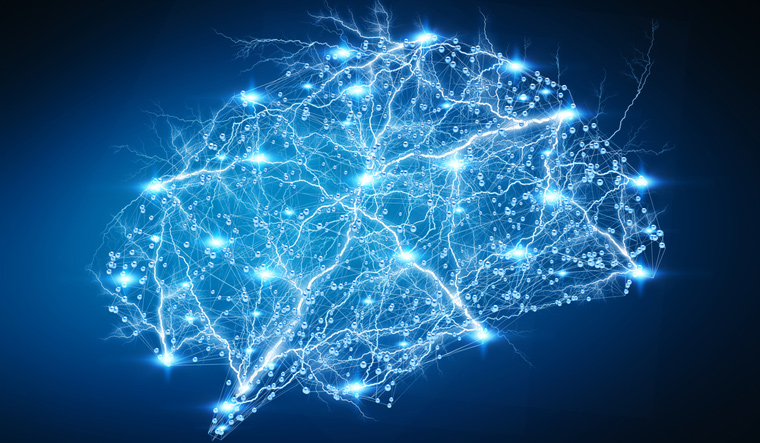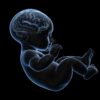A study released by the University of Kent found that forensic memory detection tests are less accurate in older adults.
The study was released in Cortex.
The team led by Kent researchers included 30 participants in early adulthood and 30 in late adulthood. The forensic memory detection test involved the assessing of electrical activity in the brain, using electroencephalography (EEG).
“We measured both ERPs and EEG oscillations associated with episodic old/new recognition and forensic memory detection in adults age 30 or younger and age 30 or older,” the authors elaborate in their findings.
“EEG oscillations were included as a complementary measure which is less sensitive to temporal variability and component overlap than ERPs.”
“Our findings suggest that EEG-based forensic memory detection tests are less valid in older than younger populations, limiting their practical applications,” the authors concluded.
The findings were published online on May 20th, 2021.


